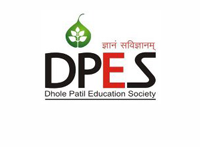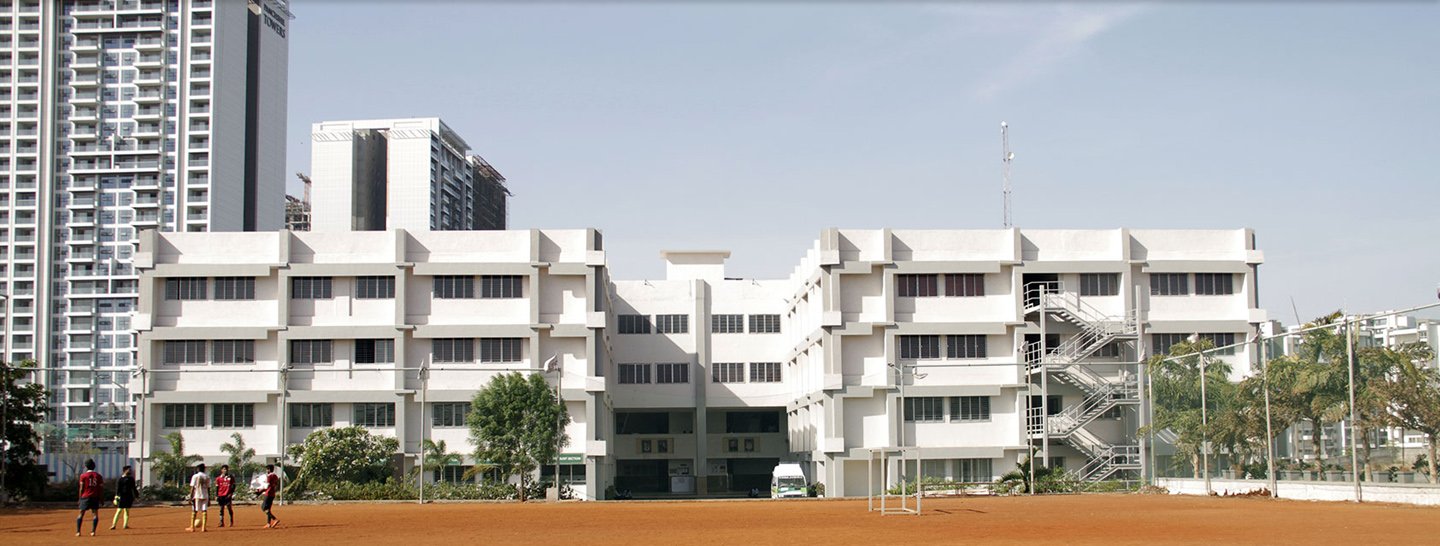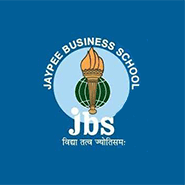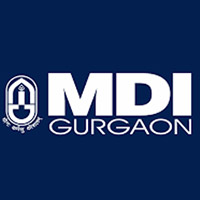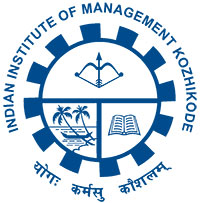The Department of Computer Engineering of Dhole Patil College of Engineering was established in the year 2008. It has made significant progress since its foundation. The objective of the Department is to prepare students for triumphant careers in Software and Hardware industry, that aggregates the requirements of Indian and Multinational companies; and to outshine in higher studies and entrepreneurship. The Department has dedicated and experienced faculty members with strong commitment to the engineering education using professional ethics. The laboratories are based on advanced operating systems such as Windows and Linux. All laboratories and classrooms are fully networked and connected to the Internet.
Program Outcomes (PO)
Engineering Graduates will be able to:
- Engineering knowledge: Apply the knowledge of mathematics, science, engineering fundamentals, and an engineering specialization to the solution of complex engineering problems.
- Problem analysis: Identify, formulate, review research literature, and analyze complex engineering problems reaching substantiated conclusions using first principles of mathematics, natural sciences, and engineering sciences.
- Design/development of solutions: Design solutions for complex engineering problems and design system components or processes that meet the specified needs with appropriate consideration for the public health and safety, and the cultural, societal, and environmental considerations.
- Conduct investigations of complex problems: Use research-based knowledge and research methods including design of experiments, analysis and interpretation of data, and synthesis of the information to provide valid conclusions.
- Modern tool usage: Create, select, and apply appropriate techniques, resources, and modern engineering and IT tools including prediction and modeling to complex engineering activities with an understanding of the limitations.
- The engineer and society: Apply reasoning informed by the contextual knowledge to assess societal, health, safety, legal and cultural issues and the consequent responsibilities relevant to the professional engineering practice.
- Environment and sustainability: Understand the impact of the professional engineering solutions in societal and environmental contexts, and demonstrate the knowledge of, and need for sustainable development.
- Ethics: Apply ethical principles and commit to professional ethics and responsibilities and norms of the engineering practice.
- Individual and team work: Function effectively as an individual, and as a member or leader in diverse teams, and in multidisciplinary settings.
- Communication: Communicate effectively on complex engineering activities with the engineering community and with society at large, such as, being able to comprehend and write effective reports and design documentation, make effective presentations, and give and receive clear instructions.
- Project management and finance: Demonstrate knowledge and understanding of the engineering and management principles and apply these to one’s own work, as a member and leader in a team, to manage projects and in multidisciplinary environments.
- Life-long learning: Recognize the need for, and have the preparation and ability to engage in independent and life-long learning in the broadest context of technological change.
Program Specific Outcomes (PSO)
- PSO1: Analyze, design, develop, test and deploy software’s required for diversified domains Viz. Artificial Intelligence & Machine Learning, Database Management System, Internet of Things, BIGDATA & Data Analytics, Cloud Computing.
- PSO2: Develop robust algorithms to support multitasking environment and optimize system performance.
- PSO3: Design supporting hardware and software for multiprocessing and parallel programming.
Program Education Outcome (PEO)
Graduate shall
- PEO1: Posses prominent professional skills that make them to develop optimized Solutions in various domains with realistic constraints.
- PEO2: Sustain in professional careers through robust team work by imbibing Ethics, proactiveness and effective communication.
- PEO3: Understand significance of lifelong learning through professional development by upgrading knowledge.
- PEO4: Cultivate importance of higher studies and also self-employment by catering expert talks.

